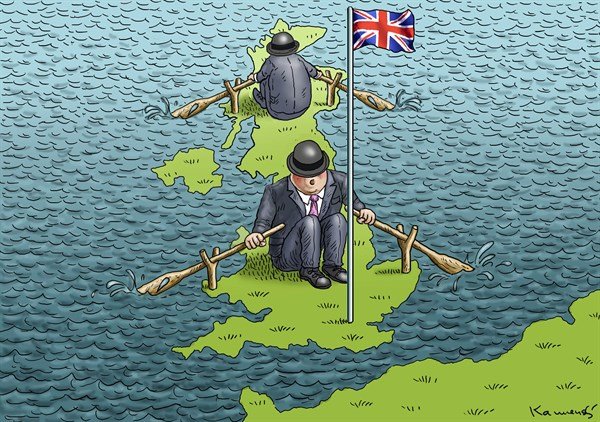Could there be a Brexit boost for British arts?
mainIn the new issue of Standpoint, I survey the post-referendum arts wasteland.
The further we get from the Brexit referendum the less we know about the ultimate outcome, be it in this lifetime or the next. All we know for sure is that predictions are not worth the paper they are printed on and, as far as the performing arts are concerned, less will definitely mean less in every sphere of operation. I hear immediate concerns for orchestral tours and operatic exchanges between the UK and continental Europe. At the most basic level, an Estonian diva summoned at short notice from Turin to replace a Desdemona at Covent Garden will never get on stage in time if she has to obtain a UK work permit and clear the endless “all others” queue at inhuman Heathrow. Opera chiefs are spending their summer working out alternative scenarios.
Not one person in authority in British arts, not a single one, believed that Brexit would be a good thing. And the view from the grass roots is even gloomier, judging by messages from thousands of professional musicians on my social media. I promised to make no predictions, so let’s wait and see.
What is incontrovertible, however, is that when the summer festivals end and the real world reopens its box-office everything will have changed. Horizons have shrunk. Expectations are shorter, ambitions curtailed. Lines of disengagement are being drawn.
Which, let it be clearly stated, is no bad thing.
Now read on here.






Comments